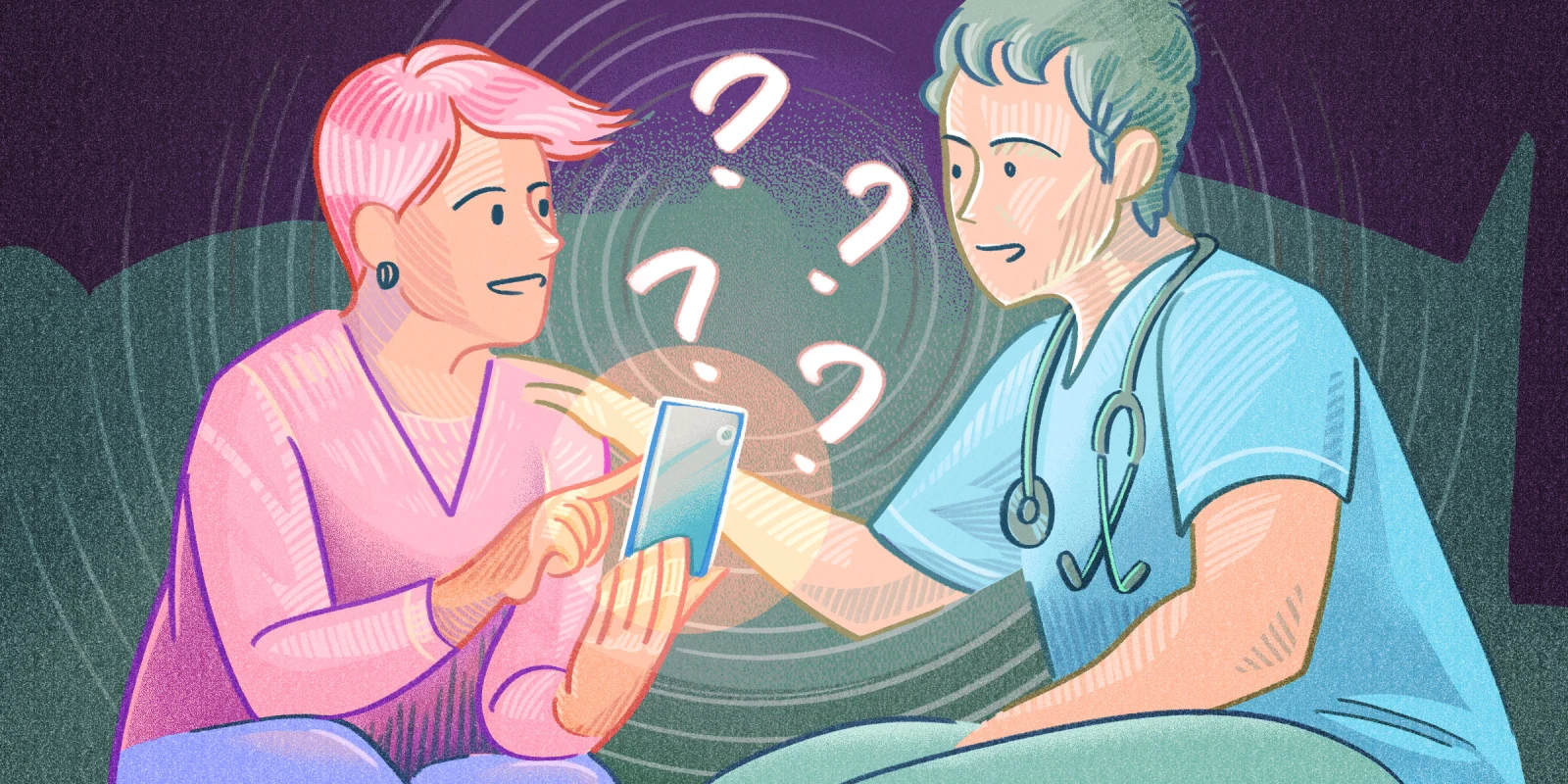I’ve been frustrated recently. Frustrated with COVID-19 and its toll on my family’s routine. Frustrated with how sick the patients I’ve treated over the last month are. And I’ve been frustrated with patients who are readmitted to the hospital by the choices they make.
Most of us have seen these patients before: the alcoholic patient who bounces back to the hospital requesting detox for the fourth time in the year; the one-pack-per-day smoker returning to the hospital for another COPD exacerbation; or the diabetic patient in the hospital drinking from a 2-liter bottle of soda. More often than not, the first words that come out of their mouth are that they want to be fixed so things can go back to how they were prior to being sick.
I’ve treated all of these patients over the last month, and while I try to be understanding most of the time, these patients strike a nerve within me.
During my conversations with these patients, my mind starts to wander: Why am I obligated to treat this patient?
It would be easy for me to write my feelings off as acute stress. But if I’m being honest with myself, I know my feelings come from a deeper place. Introspection has shown me I’ve felt this way since I was a medical student. The reason is because I cause this cognitive dissonance, this passivity in my patients.
I practiced primary care for 3 ½ years in a rural community health center prior to becoming a hospitalist. I've hypothesized that more than 50% of my day was spent on items that could have been addressed by the patient without medical intervention or an office visit. Our administration used progressive disciplinary action to enforce our “open access” schedule. That meant we had to see any patient that walked into the door, even if it was during lunch or closing.
When seeing a patient for irritable bowel syndrome (IBS), for example, I felt trapped by the line of patients waiting for me in other exam rooms to effectively counsel. I could barely get caught up to speed with their medication history in 15 minutes, much less diagnose IBS, isolate foods and stressors that may be exacerbating the illness, and work with them on creating a diet and stress-relieving plan that made sense for them.
Instead, the pressure to keep moving forced me to give in to the path of least resistance — prescribe a medication. The same thing can be said for the diabetic or the hypertensive patient. What would upset me the most is I knew these patients didn’t need me, or at least that I was not essential. If given the support and opportunity, most of these diseases could be managed by the patient and their families on their own, with periodic check-ins with me to course-correct and address any concerns. The system, the business of medicine, forced my patients to abandon their agency in favor of my medical treatment.
Over time, patients’ reliance on medical professionals can have detrimental and long-standing consequences. To be sure, I am an advocate for patients seeking sound medical advice from competent and caring health care professionals. But I believe the way patients interact, and therefore perceive, our health care system contributes to their lack of agency with regard to their own health.
Fresh out of college and just diagnosed with an autoimmune disorder, my physician effortlessly summarized the efficacy data for the immunosuppressant he was to prescribe. I asked him if he was aware of any dietary modifications I could make on my own to treat my illness. He said no. The message to me was I could act in any way I wanted. As long as I took my meds I was going to be fine.
It’s no wonder, then, why I encounter readmitted patients in the hospital. If we’ve coached patients to solely rely on us to get better, how are they wrong for returning to the hospital? How is my diabetic patient in diabetic ketoacidosis wrong for taking her insulin as directed by her doctor, but freely drinking a 2-liter soda in her room? How is my COPD patient wrong for smoking? After all, he is using his oxygen and inhalers as directed.
Going forward, if I’m going to be upset at patients for their behavior, I’m going to have to look at mine. Will I click through a patient’s chart to quickly submit prescriptions, or will I actually take the time to build their self confidence in contributing to their own health?
How do you balance treating patients and helping them help themselves? Share your advice in the comments.
Dr. Freeman is a family physician and hospitalist with the Hospitalist Associates of Virginia, as well as a physician at Pathways Residential Treatment Center. He graduated from the University of Louisville School of Medicine and completed a residency in family medicine at VCU/Fairfax Family Practice. Prior to joining the hospitalist group, he was the Director of Adult and Family Medicine at Johnson Health Center and a National Health Service Corp Scholar. His interests include addiction medicine, primary care management of mental health disorders, and patient and family communication. Outside of work he enjoys spending time with his wife and three children, as well as real estate investing. He is a 2020–2021 Doximity Op-Med Fellow.
Illustration by April Brust





